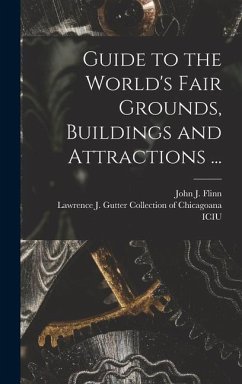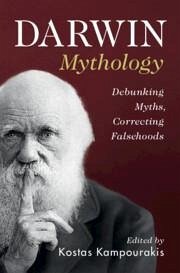
Darwin Mythology

PAYBACK Punkte
48 °P sammeln!
"This concise, accessible and engaging collection debunks the myths and corrects the falsehoods surrounding one of the most famous scientific figures in history - Charles Darwin. Leading scholars examine his life and work to set the historical record straight, and to draw conclusions about the very nature of science itself"--





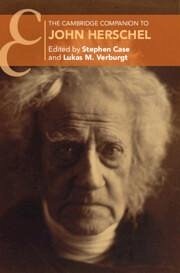
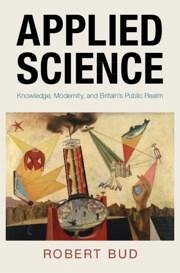
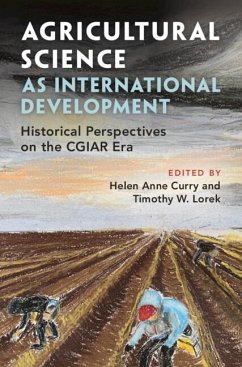

![A History of Inventions and Discoveries [electronic Resource]; 2 Cover A History of Inventions and Discoveries [electronic Resource]; 2](https://bilder.buecher.de/produkte/65/65507/65507578n.jpg)
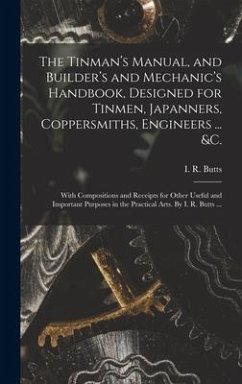

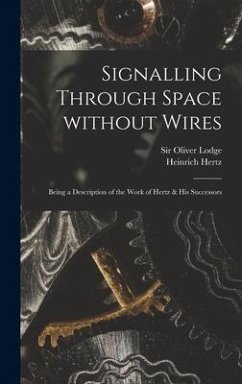
![Official Catalogue [microform] Cover Official Catalogue [microform]](https://bilder.buecher.de/produkte/65/65518/65518180n.jpg)
